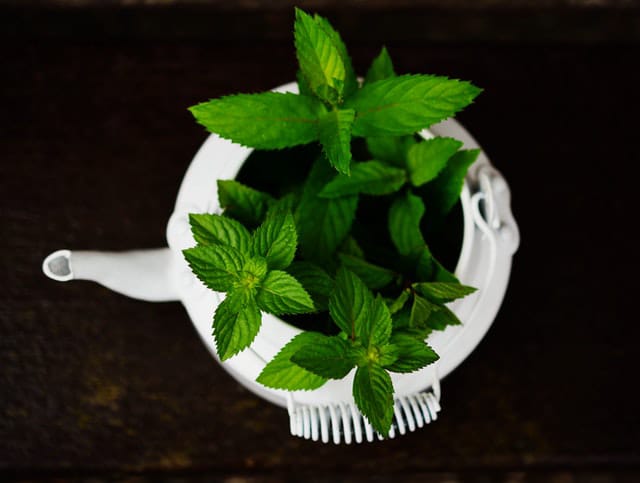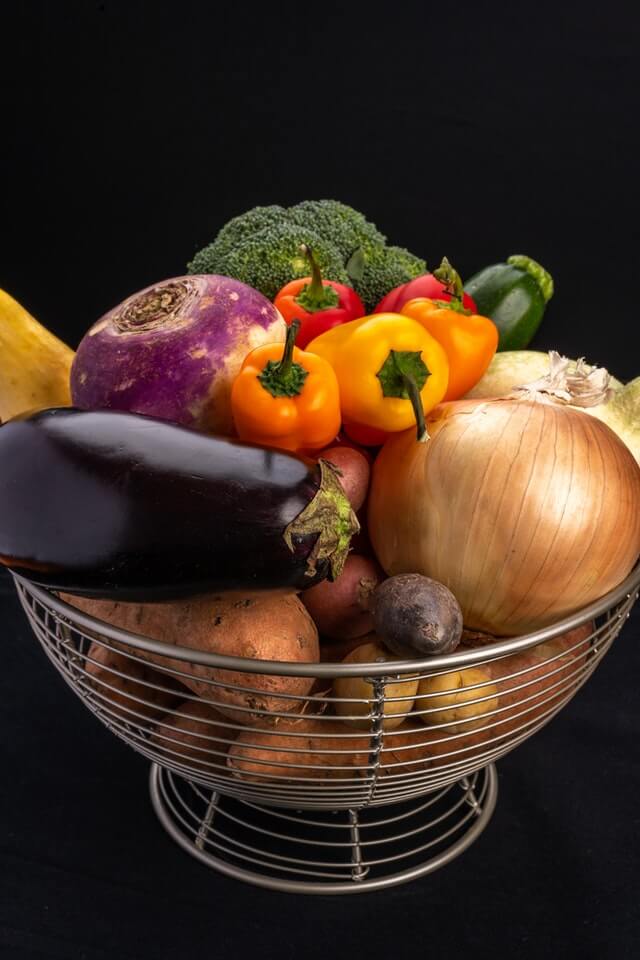Home remedies for belly ache are the simplest and the quickest way to palliate stomach aches. The medical problem is generally not a reason for solicitude, and the problems can frequently be treated with home remedies.
Home remedies for belly ache can assist the mucosa of the gastrointestinal tract settling down, allowing you to recover and feel more briskly.
Also, home remedies for belly ache are characterized by the fact that there are no side effects, unlike drugs.
This belly ache may be:
Gasses, stomach pain, belching, nausea,
vomiting, acid reflux or heartburn, bad-smelling, diarrhea, constipation.
This report examines the most common gastrointestinal problems and home remedies for belly ache.
Gastrointestinal problems
1. Stomach pain
Discomfort between the bottom of the ribs and the pelvis is known as abdominal pain.
Even though stomach discomfort can be severe, the majority of instances recover on their own without the need for medical help.
The reasons for abdominal discomfort that are related to the gastrointestinal tract may be:
-
Indigestion or trapped wind.
-
Constipation and diarrhea.
-
Food poisoning and gastroenteritis.
-
Lactose intolerance.
-
GORD and the hiatus hernia.
-
Ulcers.
-
IBS (irritable bowel syndrome).
-
IBD (inflammatory bowel disease).
-
Diverticular disease and diverticulitis.
-
Gallstones, gallbladder issues, and liver issues.
-
Pancreatitis, appendicitis, and bowel obstruction.
Other organ-related causes of abdominal pain include:
-
Menstrual cramps.
-
Stones in the kidneys.
-
Infection of the urinary tract.
-
Inflammatory disease of the pelvis.
Still, you should visit the doctor, If you have any of the following symptoms:
-
Is intense and/or worsening
-
Has lasted several hours
-
When you awake from sleep to spread to your neck, chest, or shoulders
-
It has become difficult to swallow.
If you have a bellyache, you should observe these symptoms:
-
Blood in the urine.
-
Vaginal bleeding that is unrelated to your menstrual cycle.
-
Alterations in your bowel habits.
-
Inability to pee (pass urine), poo (have a bowel movement), or fart (pass gas).
-
Fever with persistent vomiting (a temperature of 38 degrees Celsius or higher).
-
Abdomen enlargement.
2. Constipation
When bowel motions become less frequent and feces become harder to evacuate, this is known as constipation.
Constipation occurs when your colon absorbs too much water from waste (fecal), causing the feces to dry out and become hard to force out of your body. Constipation can be influenced by some reasons:
-
Consumption of low-fiber foods.
-
Consuming insufficient amounts of water (dehydration).
-
Not obtaining enough physical activity.
-
Traveling, eating, and going to bed at different times are all examples of deviations from your usual routine.
-
Consuming a lot of milk or cheese.
-
Anxiety.
You should call your doctor if:
-
Your feces have blood in them.
-
You are unknowingly losing weight.
-
You're having a lot of problems with constipation.
-
If it lasted more than 3 weeks.
3. Diarrhea
It's characterized by loose, watery stools (bowel movements) and lasts three times or more in one day.
-
Contaminated food or drink.
-
Viruses such as the influenza virus, norovirus, and rotavirus. The most prevalent cause of acute diarrhea in children is rotavirus.
-
Magnesium-containing medicines include antibiotics, cancer medications, and antacids.
-
Food intolerances and sensitivities are conditions in which specific substances or foods are difficult to digest. Lactose intolerance is an example.
-
Crohn's disease, for example, affects the stomach, small intestine, and colon.
If the diarrhea is accompanied by these symptoms, You should visit the doctor:
-
Dehydration symptoms.
-
If you're an adult, it lasts more than two days, but for children, it lasts more than 24 hours.
-
Severe abdominal or rectal pain is (for adults).
-
Fever.
-
Bloody or pus-filled feces.
-
Stools with a black and tarry finish.
4. Heartburn
The esophagus, the tube that connects your throat to your stomach, becomes inflamed. Stomach acid is to blame. This causes a burning sensation in the upper abdomen or below the breastbone.
Heartburn is not related to the heart, despite its name. However, some of the symptoms are comparable to those seen in people who have had a heart attack or who have heart disease. You may have observed that some meals and beverages increase your symptoms if you have heartburn, such as:
-
Carbonated drinks.
-
Chocolate.
-
Citrus fruits.
-
Tomatoes and tomato-based products.
-
Fried foods.
-
High-fat foods.
-
Spicy foods.
-
Alcohol.
Home remedies for belly ache
Some of the most common home remedies for the belly ache:
1. Drinking water regularly
Water is needed for the proper digestion and absorption of different types of food. It is considered the most important factor in home remedies for belly ache.
The digestive process becomes more complicated and ineffective as a result of dehydration, increasing the likelihood of stomach discomfort.
A sensible target for most people is to drink 8 or more glasses of water every day. Dehydration is a critical symptom of a bellyache. Vomiting and diarrhea can quickly dehydrate a person, so anyone experiencing these symptoms should drink plenty of water.
 2. Soda for heartburn
2. Soda for heartburn
It is used to reduce heartburn. You can combine 1 teaspoon of baking soda with 8 ounces of water and drink this mix.
3. Ginger
It's one of the world's healthiest (and most flavorful) spices and has a multifunctional role in home remedies for belly ache. It relieves nausea and improves digestion. Try soaking ginger roots in hot water or tea to get the greatest flavor.
 4. peppermint
4. peppermint
It is considered the best one in herbs in home remedies for belly ache. It can be chewed or drunk.
 5. Heating bags compress on your stomach for cramp-like pain.
5. Heating bags compress on your stomach for cramp-like pain.
6. Gasses are passed by leaning to the left.
7. Limit worrisome types of foods, such as food products, legumes, broccoli, and probable allergies.
8. Apple cider vinegar
The insufficiency in acid production may cause stomach ache. Apple cider vinegar enhances acid production and relieves stomach aches.
9. Lemon
Lemon also encourages normal gastric acid secretion, ensuring that your meal is adequately broken down and turned through your system.
10. High fiber food
Fiber is important for digestion for a variety of reasons, including modulating healthy bacteria production, pushing things along in the gastrointestinal tract, and colon cleansing. Fiber-rich foods may be vegetables, almonds, pumpkin or sunflower seeds, chia, and flax seeds.
 11. Aloe juice
11. Aloe juice
More than just treating a sunburn, the aloe plant is helpful. It helps with digestion as well. It can Fiberglass the cells in your digestive tract, much like it can relieve your skin.
12. Yogurt
Yogurt can promote a healthier digestive tract.
13. Do exercise regularly
This habit is considered from home remedies for belly ache where the exercise regulates the digestion process.
14. Eat and drink slowly
This behavior is also salutary to digestion and the stomach.
15. Avoiding meals that are difficult to be digested
The first thing in home remedies for belly ache is to avoid foods that are:
-
Fried or fatty.
-
Rich or creamy.
-
Salty or heavily preserved.
16. Tea
From the wonderful home remedies for belly ache is fennel tea but combining lemongrass and chamomile is also a good alternative for reducing gastrointestinal pain and discomfort in children and adults.
 Summary
Summary
While a stomach ache can be caused by a variety of circumstances, the fact of the matter is that you can now deal with it with a variety of simple home remedies for belly ache.
There are a variety of home remedies for belly ache that can help with a variety of stomach ailments. And what works for one person might not work for another. As a result, figuring out which cure works best for you may require some trial and error.


You must be logged in to post a comment.